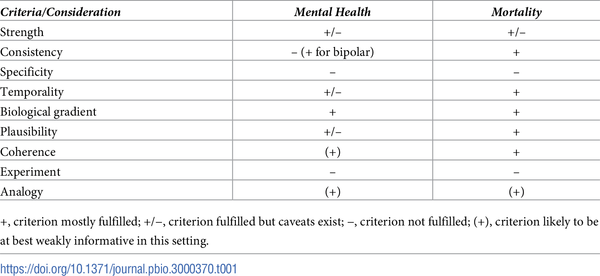Like that trace levels of air pollution cause psychiatric disorders.
Which is what a recent PLOS Biology study claimed. PLOS, which will publish uncontrolled web-based surveys by social scientists claiming their whole field is overrun by sexual predators, was so suspicious of what was clearly a stretch they solicited America's favorite replication wet blanket, Professor John Ioannidis of Stanford University, to write a companion article so they can say they didn't really buy into this. They still cashed that check, but they didn't like it.
The authors say they found that poor air quality was associated with higher rates of bipolar disorder and major depression in both US and Danish populations but there is a huge problem; neither America nor Denmark has a pollution issue. We instead have such great air quality that we keep moving the goalposts. To get red on air quality maps we have taken to using small micron particulate matter that can only be detected with an electron microscope (PM2.5) even though it can't harm anyone the way real smog (PM10) can and does in places where it still exists.

Actual smog in the US.
So they are ignoring relative risk in favor of a hazard-based approach that believes any amount is equivalent to a high dose. That is the kind of shoddy misinformation that the International Agency for Research on Cancer (IARC), National Institute of Environmental Health Sciences (NIEHS) and Ramazzini Institute manufacture. It is not science. Bradford Hill's 9 point criteria for causation is not met.

The confounders are plenty but the big one is the mental health link to lower income. Lower income people will live in dense areas where pollution levels read higher and people with debilitating mental illnesses are overwhelmingly more likely to be poor.
Instead of doing science the authors engage in epidemiological version of cui bono? speculation, where they find a group that share something in common and infer that they must be linked. More people with mental illness are poor. Poorer people have less air quality, even if it's only trace levels. Therefore, air quality creates mental illness.



Comments